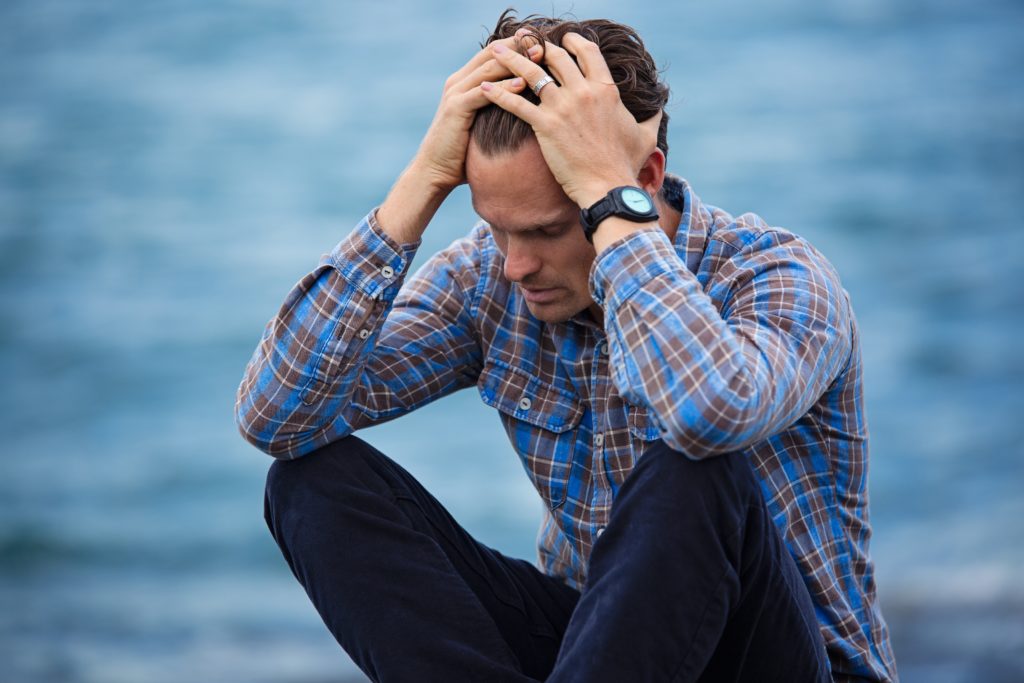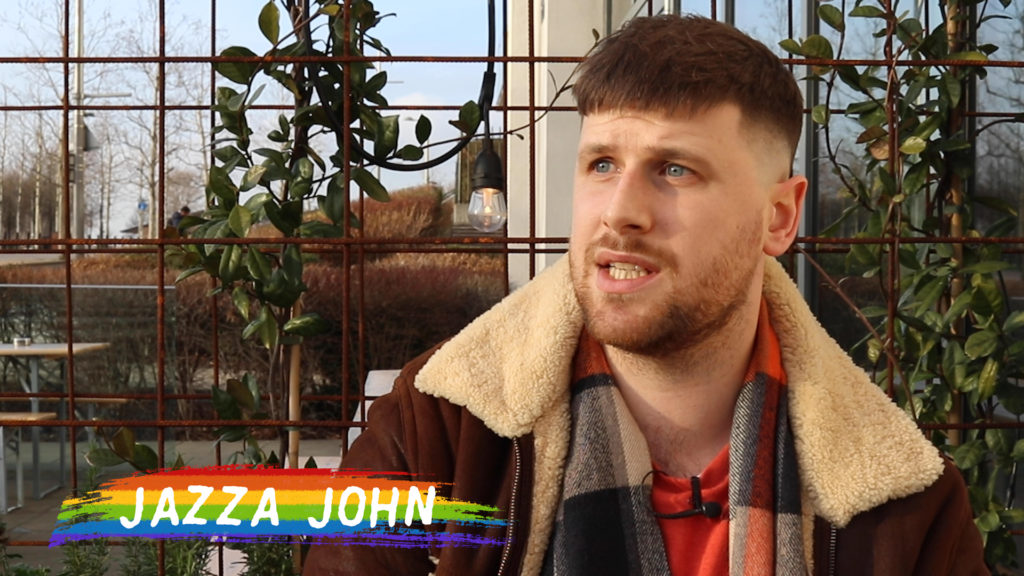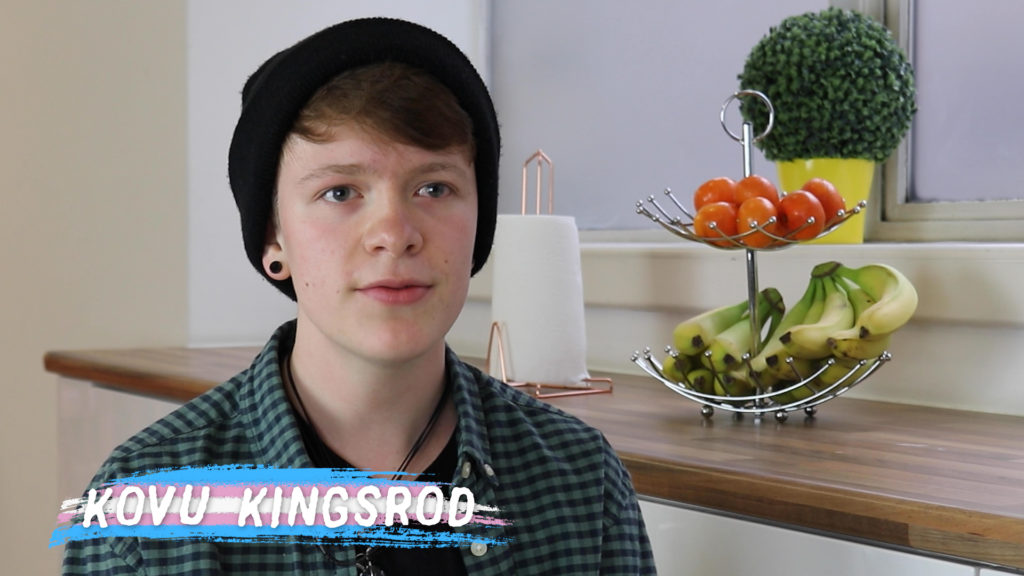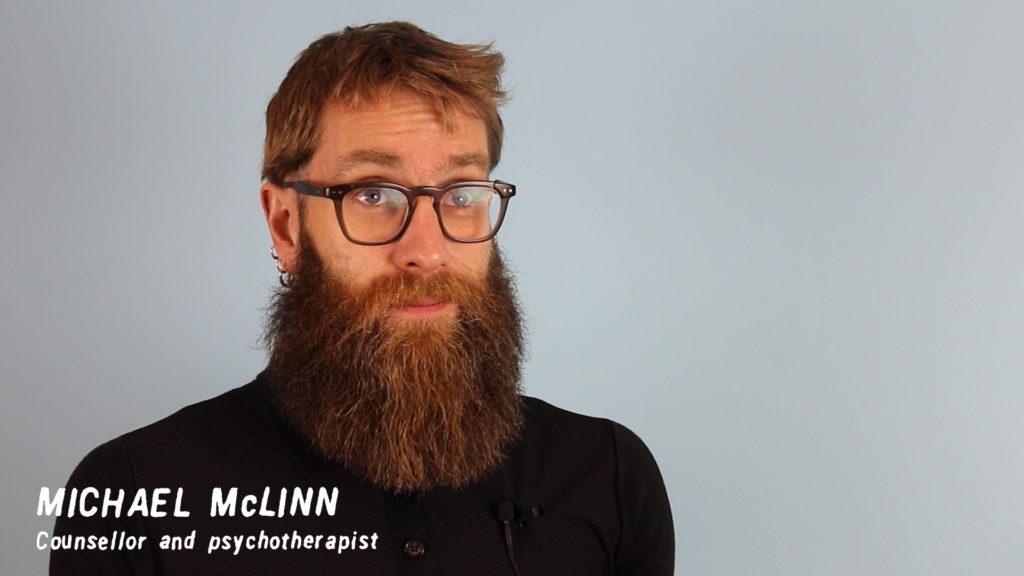Over 100,000 gay or bisexual men in the UK living with an eating disorder

Griffin Wooldridge
PinkNews has learnt that more than 100,000 gay or bisexual men could be living with an eating disorder in the UK.
The finding is part of an exclusive PinkNews documentary, Coming Out Twice: Eating Disorders in the LGBT+ Community, which explores the prevalence of eating disorders in the community.
What is an eating disorder?
According to the NHS, an eating disorder is categorised as “an unhealthy attitude to food, which can take over your life and make you ill.”
The most common types are anorexia, bulimia, binge eating disorder, and other specified feeding or eating disorder (OSFED).
It’s a crutch, it’s an emotional crutch.
Ballari Conner is a bisexual woman and brand ambassador for Beat, the UK’s leading charity for eating disorder recovery.
She developed an eating disorder when she was just 10 years old and describes it is a coping mechanism.
“Everyone with an eating disorder can relate to two things: one, it’s not about the food; because two, it’s a crutch, it’s an emotional crutch, so you can just numb down whatever it is that’s going on.”
LGBT+ people disproportionately affected by eating disorders
Studies have suggested that LGBT+ people are at a “significantly higher risk” of eating disorders. A 2018 survey by The Trevor Project revealed that over 50 percent of young LGBT+ people had been diagnosed with an eating disorder.
Through interviews with experts and individuals living with eating disorders, PinkNews explores the stark reality of eating disorders in the queer community, the impact it has on the lives of LGBT+ people, and some of the contributory factors.
Watch the documentary here:
Gay and bisexual men underreported
Previous studies have suggested that men represent 1-5 percent of patients with anorexia and 5-10 percent of patients with bulimia.
However, Beat tells PinkNews that the number of men living with an eating disorder is likely to be much higher as men are less likely to seek treatment than women.
Tom Quinn, Director of External Affairs at Beat, told PinkNews: “In terms of the actual population, it’s more likely to be 1 in 4 sufferers.”
The charity estimates that 1.25 million people in the UK have an eating disorder — of which a quarter are male.
“That would be about 300,000,” Quinn said.

Among men, those that identify as gay or bisexual are particularly susceptible to developing an eating disorder, representing up to 42 percent of men with eating disorders.
You don’t need to worry about him, boys don’t get eating disorders.
“That could mean that over 100,000 gay or bisexual men in the UK have an eating disorder,” according to Quinn.
One of those men is YouTuber Jazza John, who experienced anorexia and bulimia throughout his teens. He says mental health professionals dismissed the idea that he had an eating disorder because of his gender.
“My mum took me to the doctor when I was probably about 14 or 15,” John said, “and the doctor said: ‘Oh, you don’t need to worry about him, boys don’t get eating disorders.’”

Transgender people at a high risk of eating disorders
It has been suggested that transgender people are disproportionately affected by eating disorders. One study found that rates of self-reported eating disorders and use of diet pills and vomiting or laxatives were highest among transgender students and lowest among cisgender heterosexual men.
I did struggle with my body a lot so part of me wanted to not give it proper nourishment.
Psychotherapist and counsellor Michael McLinn told PinkNews that gender dysphoria could be a strong contributory factor.
“Eating is, kind of, a socially acceptable way to manage your physical image,” McLinn said.
YouTuber Kovu Kingsrod traces his eating disorder back to the age of 13. He told PinkNews he used food as a “coping mechanism” to control his body during puberty.
“I did struggle with my body a lot so part of me wanted to not give it proper nourishment in order to develop, through female puberty, because that worsened my dysphoria.”
He continued: “My process of getting on testosterone and physical transition was also very complicated and I felt like I didn’t have control at all so one way I got control of my life was through food.”

Health services ‘not catering for our community’
Experts have told PinkNews that healthcare services are not adequately treating LGBT+ people with eating disorders.
“Healthcare is not really catering for our community,” McLinn said, “Which is just as true of sexual health or mental health problems, but is an ingredient in what, I think, would need to take place to reduce the numbers of eating disorders.”
A 2019 YouGov poll, commissioned by Beat, found that 37 percent of LGBT+ people would not feel confident seeking help due to stereotypes. This compares to 24 percent of straight people.
Adult eating disorder services are massively underfunded.
Experts also told PinkNews that there is a lack of research into eating disorders in the LGBT+ community.
“There have not been studies about the direct relationship between gender identity, gender expression, sexual orientation and eating disorders. That is speculative,” McLinn said.

Funding is yet another area that experts have identified as problematic.
Tom Quinn said: “Adult eating disorder services are massively underfunded. There are also no waiting time targets. So the government brought in targets for children and young people; there are no such targets for adults.”
PinkNews contacted the NHS and Department of Health for an interview, which they declined. They did provide the following statement:
“Every person with an eating disorder, regardless of their sexual orientation, should have timely access to specialist care.
“We want mental illness to be treated the same as physical illness, so we’re transforming mental health services with a planned record spend of £12.1 billion in 2018/19 and at least £2.3 billion extra in real terms a year by 2023/24, as announced in our NHS Long Term.”
If you think you or someone you know has an eating disorder, you can contact the following services for help in the UK and Republic of Ireland:
National centre for Eating Disorders
Overeaters Anonymous Great Britain
SEED – Eating Disorders Support Services
North East Eating Disorders Support (NEEDS) Scotland
Somerset & Wessex Eating Disorder Association
Eating Disorders Association Northern Ireland

